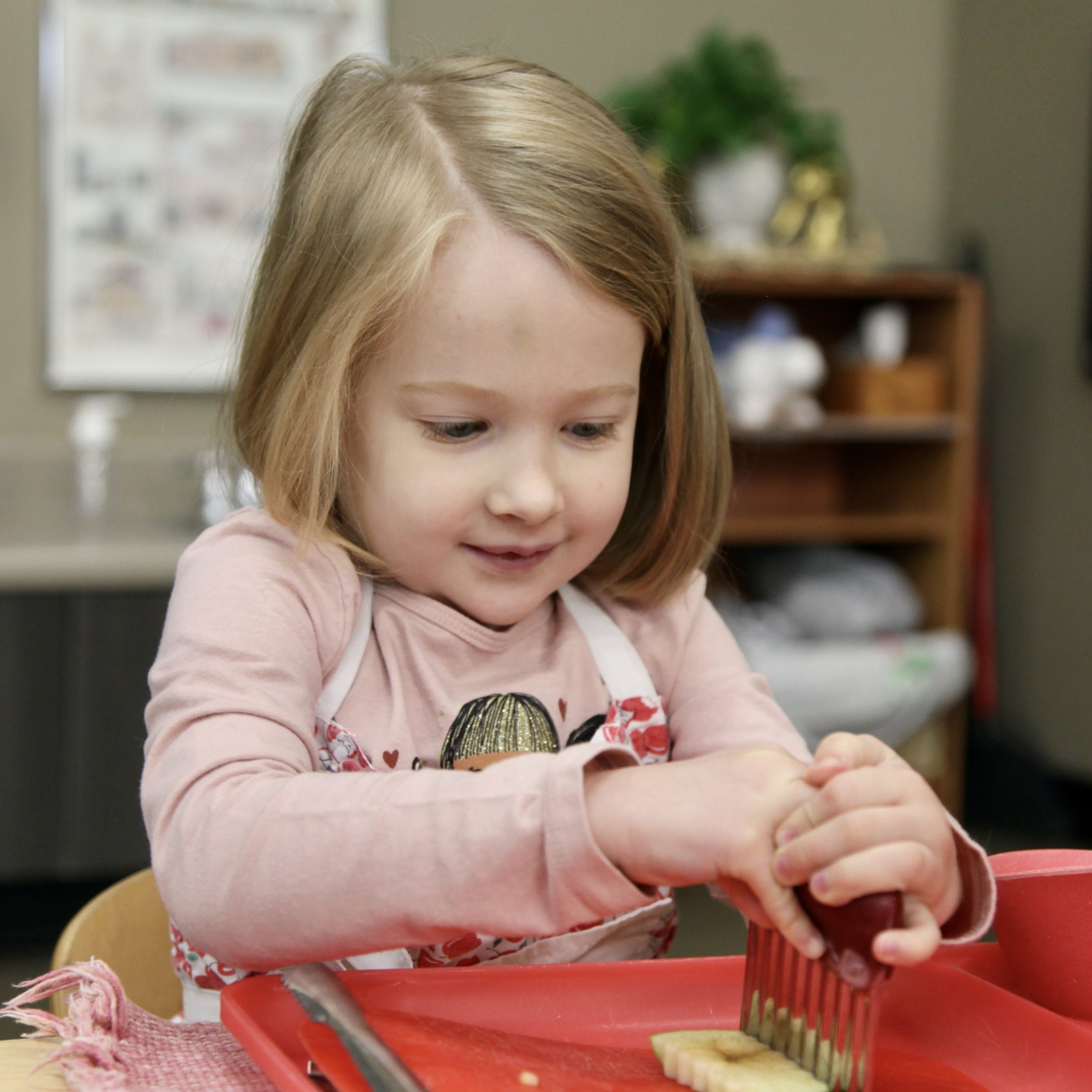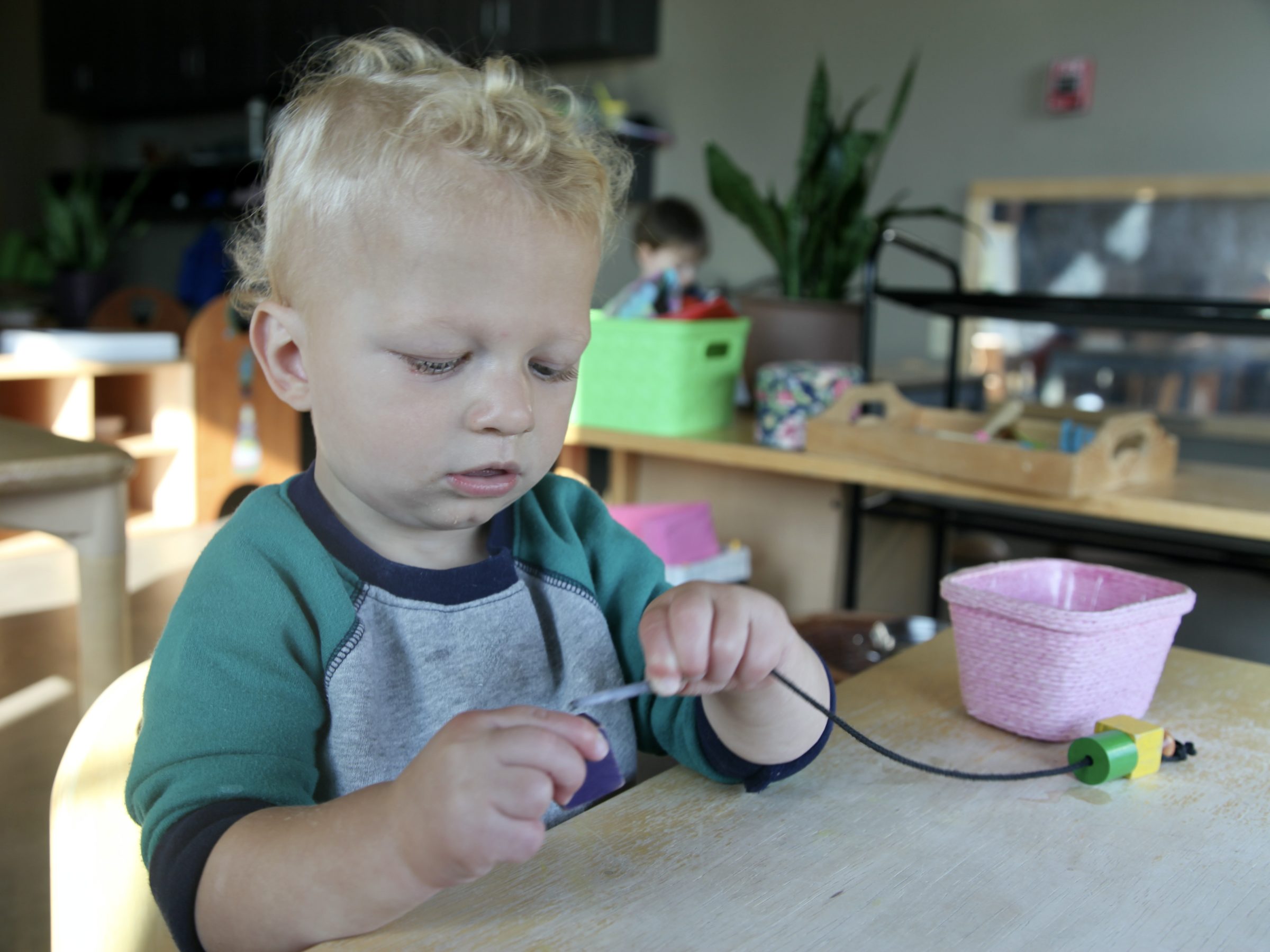Asking Questions
Thoughts & Reflections
Megan Wieseler first joined Baan Dek as an intern, and came into Montessori in the most Montessori way possible — she observed for weeks. She took in the classroom. It has become part of her being. The whole way she carries herself, the way she talks and interacts with the children, the way she offers or restrains from offering help, it all reflects a deep understanding of Montessori, and a deep respect for children.
Ms. Wieseler brought up how much it’s changed her perspective, and the response from the children, when she asks questions rather than telling them what to do. She challenged herself to ask even more questions, stating facts when necessary, but not giving commands, and the positive results were immediately clear to everyone!
We asked her to share some of her notes, and we’re delighted to share them with you here.
…
“How’s the day going? What are your plans for the holiday? Did you know that…?” These are questions often asked in passing or to begin conversations with other adults. It’s easy enough to respond with “The day’s alright. Almost Friday! We’re just going to my mother’s for the weekend.” We become so used to hearing these questions that we have an automatic response to anyone who might ask.
But what about questions from your children? I remember asking “What are we having for supper? Can Jenny come over and play? Will grandma and grandpa be here soon?”
A child might not be simply making conversation, they’re making connections. Developing logic. Growing a deeper understanding of the world around them.
The possibilities of questions you may hear are endless. Children are naturally inquisitive and will ask questions to better understand their surroundings. “How did that tree get so big? Why is that building so tall?”
There are so many things they are seeing and can now express their curiosity with their growing vocabulary.
Along with this growing vocabulary comes a growing understanding of their space and what is to be expected. Children are starting to learn about the abstract concepts of what is considered safe or unsafe, helpful or harmful, tidy or disorganized, to name a few.
Asking your child questions about what is presently happening can be helpful to your child.
“Are you sitting safely?”
“Do toys belong on the floor or in the toy box?”
Do your shoes feel comfortable on those feet? Would you like help changing them, or can you do it yourself?
Asking questions, rather than telling, invites the child to participate in cooperation. When asking “Would you like to help with that, or can you do it yourself?”, the child is presented with the choice of receiving assistance or completing the task independently.
If they choose independence, they are unknowingly thinking through the process of the task. They also have the comfort of knowing if they do happen upon a struggle, someone who loves and cares for them will be there to assist.
“Asking questions, rather than telling, invites the child to participate in cooperation.”
With repetitions of the task, they will get to a point where they can find a solution independently, making them feel strong and capable.
…
Read more about Ms. Wieseler here.
Written by:
Charlotte Snyder







